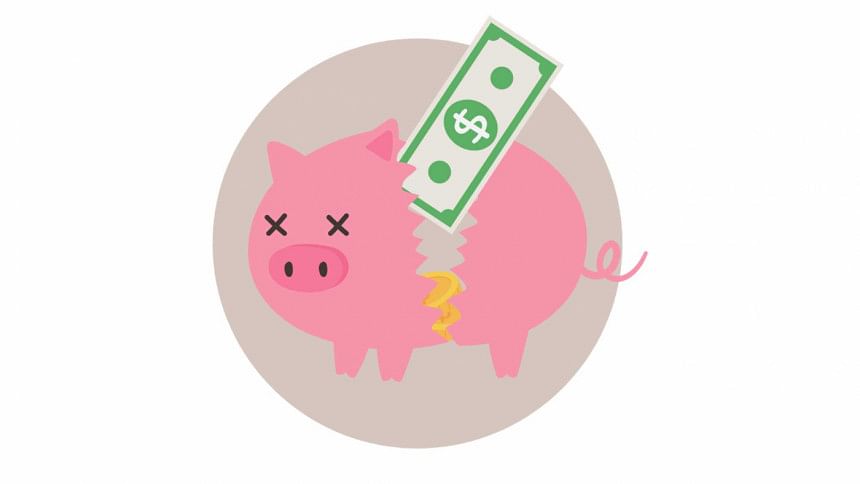Universal pension scheme: What it is and how it will work

Bangladesh made a major step towards a universal pension scheme when parliament passed the Universal Pension Management Bill-2022 on January 24 with a view to bringing the country's growing elderly population under a social security system.
This is particularly important for the country since only public sector employees, who account for a tiny portion of the population, are covered by state-sponsored pension schemes and the government expects that the ratio of the dependent population would increase and that of the working-age population would decrease in line with the growing life expectancy.
All citizens aged between 18 and 50 on the basis of their national identity card, including expatriate Bangladeshis, will qualify for the benefit. Currently, only employees of government, semi-government or autonomous organisations in Bangladesh receive pension benefits
The scheme is expected to allow the elderly population better cope with the fallout of unemployment, disease, disability or old-age complications, or extreme poverty. Here are the key facts of the new law:
1. What is Universal Pension Scheme?
The Universal Pension Scheme is a system where elderlies will receive a monthly stipend to support their daily expenses.
2. Who is eligible?
All citizens aged between 18 and 50 on the basis of their national identity card, including expatriate Bangladeshis, will qualify for the benefit. Currently, only employees of government, semi-government or autonomous organisations in Bangladesh receive pension benefits.
Through the new law, the government aims to bring private sector employees under the pension scheme.
3. What can citizens do to take part in the universal pension?
In order to come under the scheme, one has to pay a fixed amount of premium for at least 10 years. After completing 60 years, the person will start reaping the benefit of the system till death.
Under special consideration, citizens aged over 50 years will also be able to take part in the pension scheme. Still, they will have to pay the premium for the next consecutive 10 years from the date of participation in the scheme.
4. How premiums would be deposited?
Premiums can be paid on a monthly or quarterly basis. Participants will also be able to deposit premiums in advance as well. The government would determine the minimum premium.
5. What happens if the beneficiary dies?
If a beneficiary dies before the age of 75, his or her nominee will get the monthly pension for the remaining period until 75 years of the deceased.
If the beneficiary dies before paying the premium for at least 10 years, the nominee will receive the deposited amount and the interest that would be earned against the amount.
6. Can a beneficiary withdraw the deposited amount at any stage?
If a beneficiary wants to withdraw the deposited money, he or she can withdraw a maximum of 50 per cent as a loan. The loan amount will have to be repaid alongside the fixed fee.
7. Who will be in-charge to operate the scheme?
A five-member National Pension Authority will be formed to operate the scheme. A 15-member board of directors will run it.
8. How monthly pension will be disbursed among beneficiaries?
Funds will be transferred through an electronic fund transfer system. In order to make that happen, a centralised and automatic pension disbursement system will be established.
9. How will it be managed?
There will be a universal pension fund to manage the deposited money. The branches of one or more scheduled banks and post offices will act as front offices to collect premiums.
10. Will premiums be tax-exempted?
The deposited premium will be treated as an investment and will be exempted from taxation. The pension will also be exempted from paying taxes.
11. When will the universal pension scheme begin operating?
The government will form the National Pension Authority, which will take the steps to roll out the universal pension scheme.

 For all latest news, follow The Daily Star's Google News channel.
For all latest news, follow The Daily Star's Google News channel. 








Comments